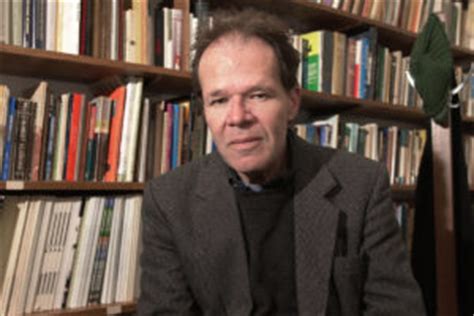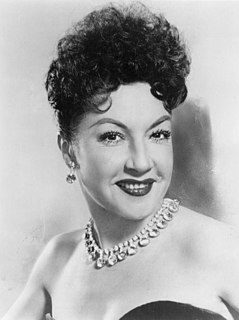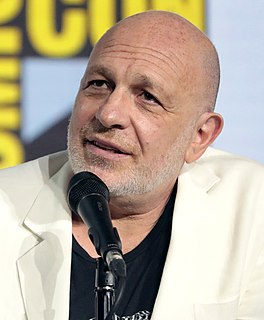A Quote by Jim Gaffigan
Every now and then I'll read a book, I'll be so proud of myself, I'll try and squeeze it into conversation. People will be like, "Hey Jim, how ya do-" "I read a book! Two hundred and fifty pages!" "That's great, what was it about?" "No idea! Took me three years!"
Related Quotes
I used to comfort myself with the idea of a book with serrated, detachable pages, so that you could read the thing the way it came and then shuffle the pages, like a giant deck of cards, and read the book in an entirely different order. It would be a different book, wouldn't it? It would be one of infinite books.
The book on my nightstand right now isnt anything that inspired me, but it entertained me. I read a book on Labor Day, it was a holiday, and I have three daughters, and we all went to the shopping mall and I sat on the bench and read a book while they shopped, it was called The Greatest Golfer there Ever Was, it was a great book, easy to read and entertaining.
The only things I read are gossip columns. If I read three pages of a book, I'm out like a light. When I pick up the book again, I've forgotten what I've read and have to start over again. By page three, even if I've just awakened from a nine -hour nap, I fall asleep again. So if anyone gives me a book, it had better have lots of pictures.
I attempt to read one book every day. I don't always achieve that, especially when I'm traveling. But when I'm home, I read almost a book a day. I certainly read a minimum of two or three a week. And as a result of that, I've read over 3,000 books in areas that interest me, like consciousness and spirituality, holistic health, leadership, success, psychological awareness, therapy, etc.
Isn't it odd how much fatter a book gets when you've read it several times?" Mo had said..."As if something were left between the pages every time you read it. Feelings, thoughts, sounds, smells...and then, when you look at the book again many years later, you find yourself there, too, a slightly younger self, slightly different, as if the book had preserved you like a pressed flower...both strange and familiar.
I read continually and don't understand writers who say they don't read while working on a book. For a start, a book takes me about two years to write, so there's no way I am depriving myself of reading during that time. Another thing is that reading other writers is continually inspiring - reading great writers reminds you how hard you have to work.
For most people, what is so painful about reading is that you read something and you don't have anybody to share it with. In part what the book club opens up is that people can read a book and then have someone else to talk about it with. Then they see that a book can lead to the pleasure of conversation, that the solitary act of reading can actually be a part of the path to communion and community.
As a historically voracious reader - pre-baby, I averaged a book every week or two, and when I was a kid, I'd routinely read a book a day - I never understood how some people could not read. When I heard people say they didn't have time to read, in my head, I simultaneously pitied and ridiculed them: there was always time to read.
I read everything. I'll read a John Grisham novel, I'll sit and read a whole book of poems by Maya Angelou, or I'll just read some Mary Oliver - this is a book that was given to me for Christmas. No particular genre. And I read in French, and I read in German, and I read in English. I love to see how other people use language.
This splendid book discusses how, in the last two hundred fifty years, large numbers of people have achieved levels of well-being that were previously available only to a few individuals, and how this achievement has given rise to equally unprecedented inequalities. Unique in its focus and scope, exceptional knowledge and coherence, and careful argumentation, The Great Escape is highly illuminating and a delight to read.
Adaptation is always the same process for me, which is some version of throwing the book at the wall and seeing what pages fall out. It is trying to imagine, remember the story, read it, put it down, and then write sort of an outline without the book in front of you with some hope that what you like about it will be filtered and distilled out through your memory and then that will be similar to what other people like about it.

































